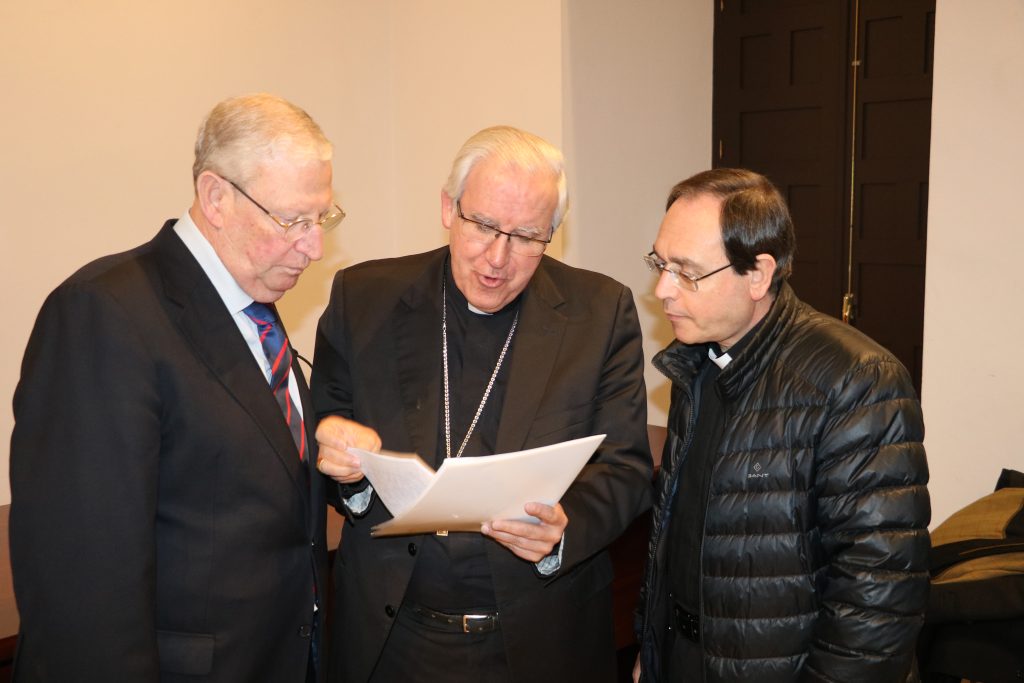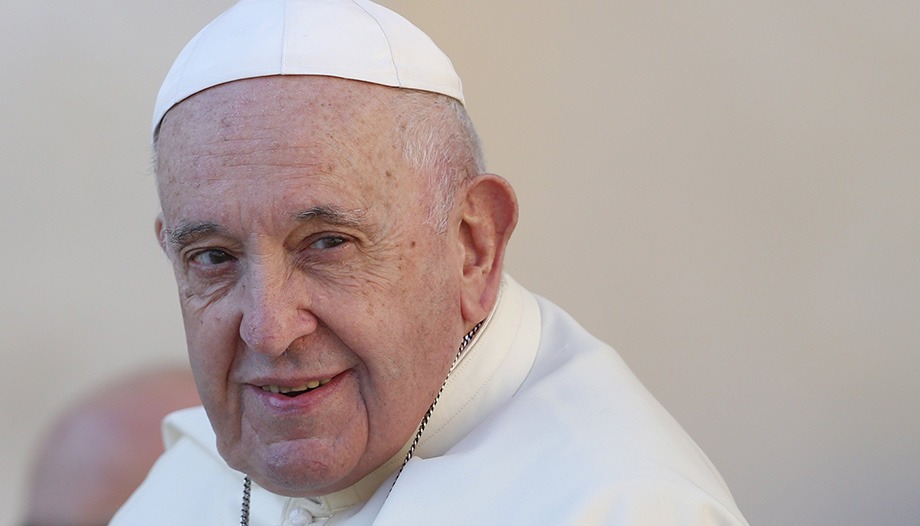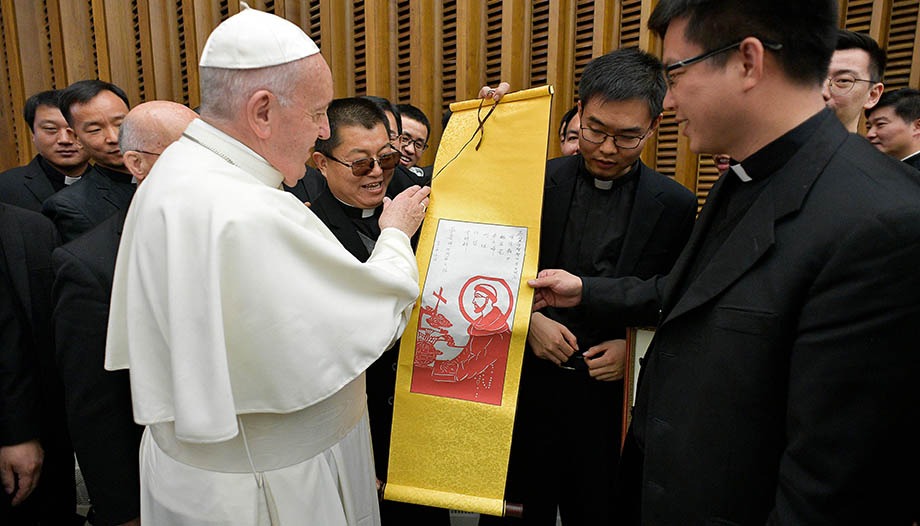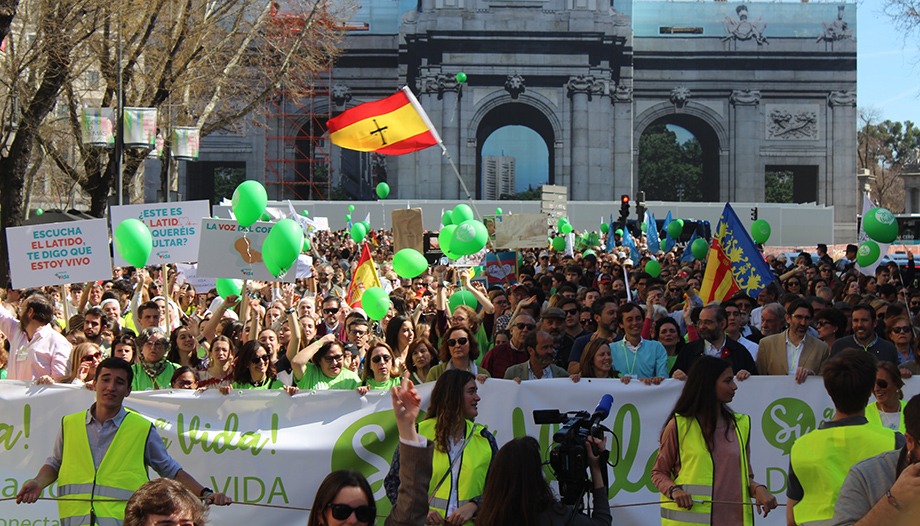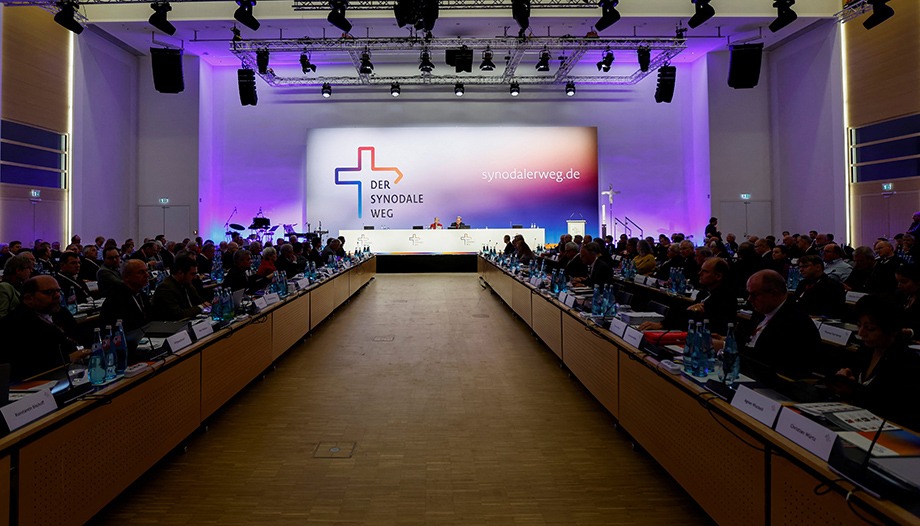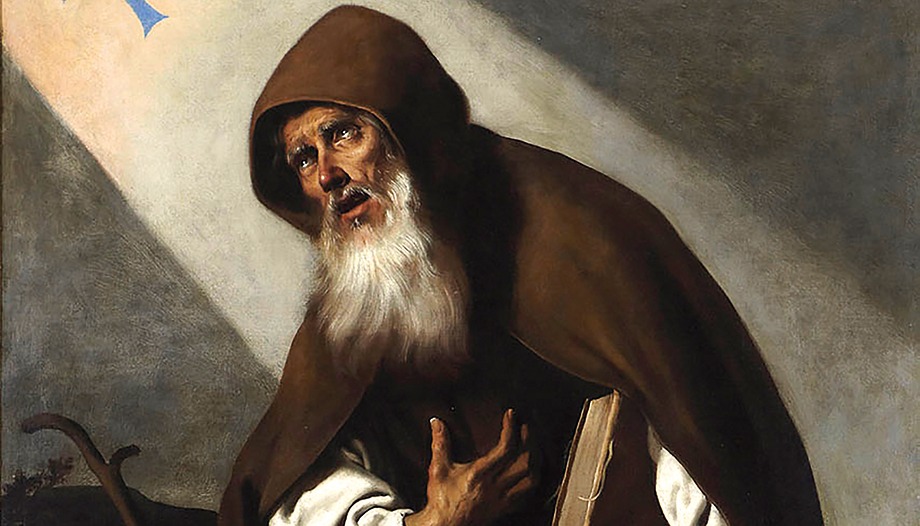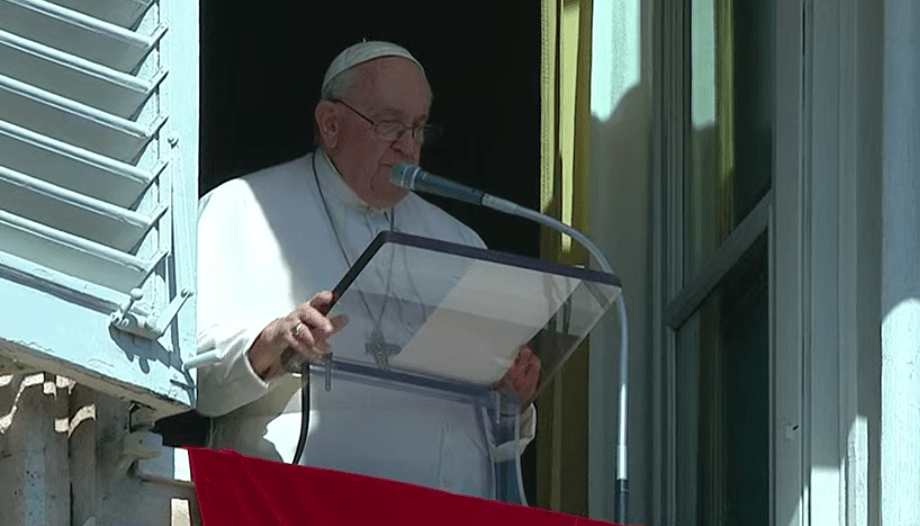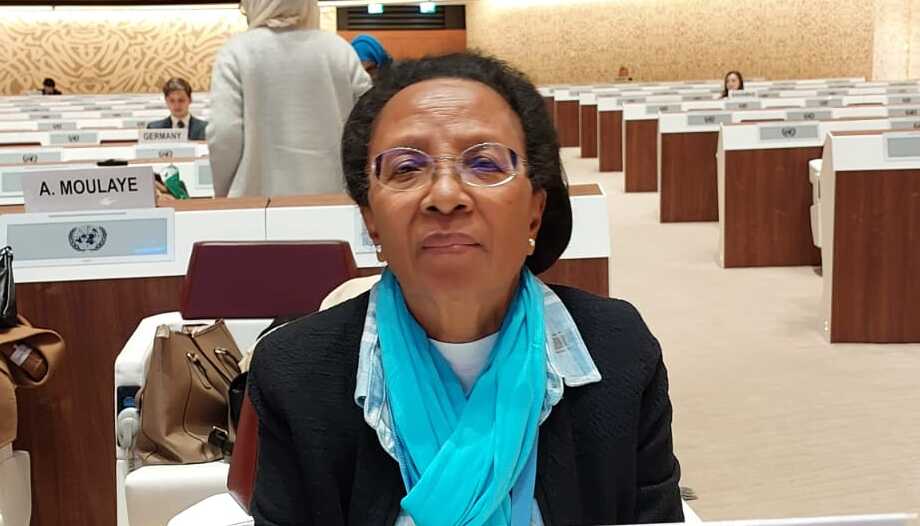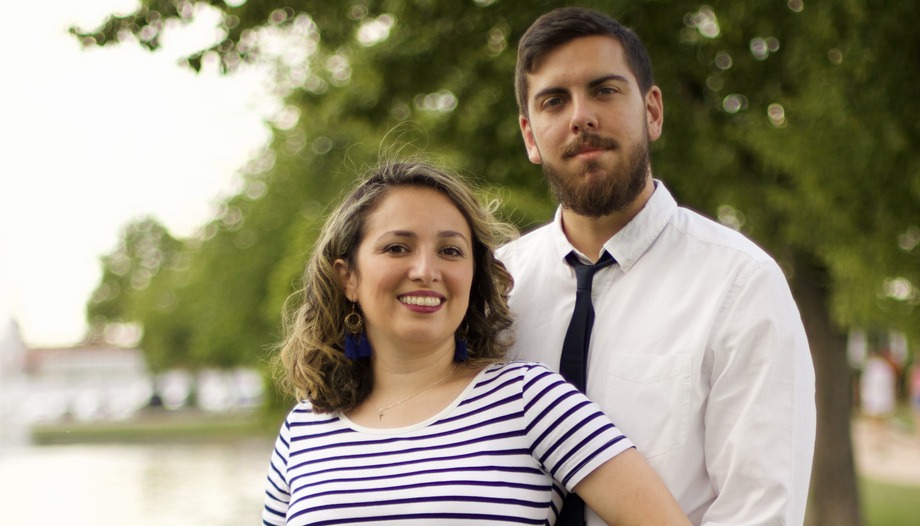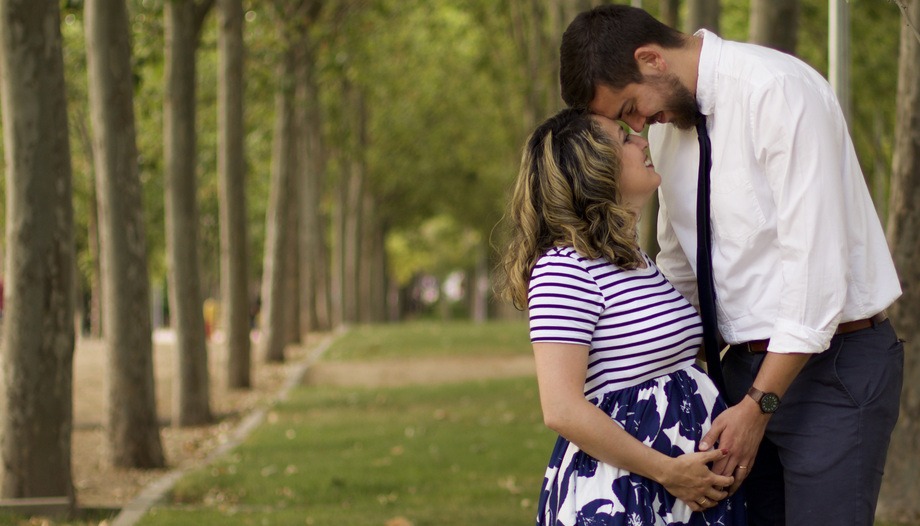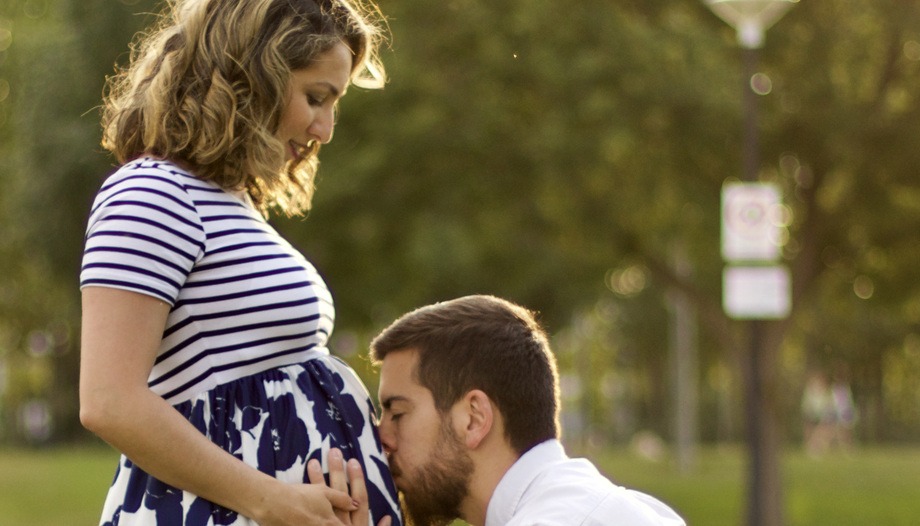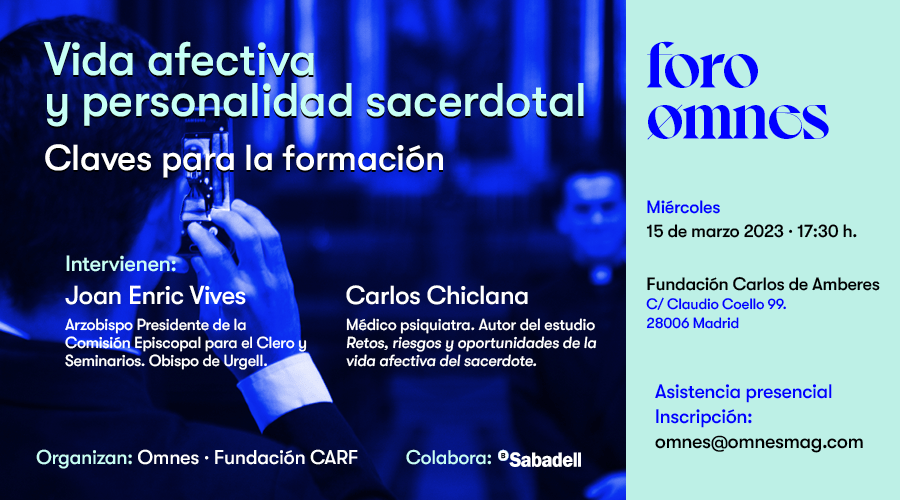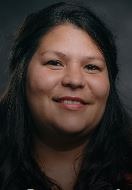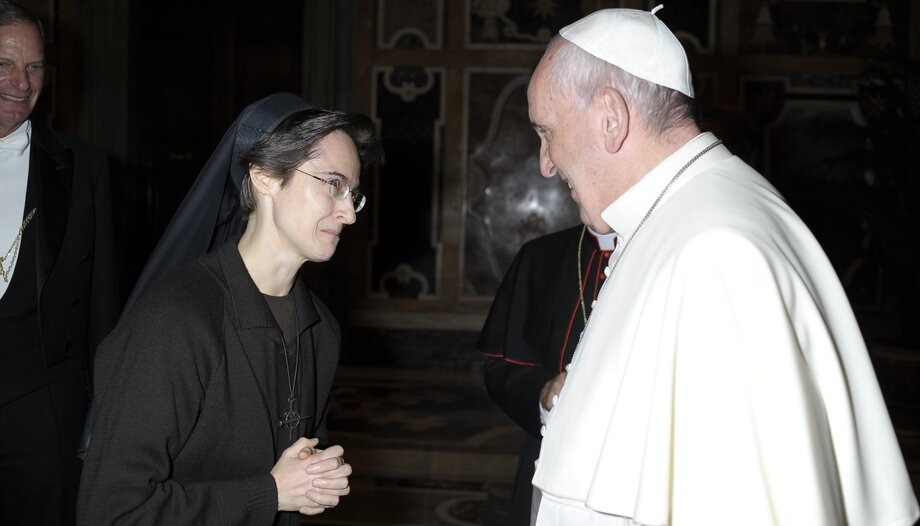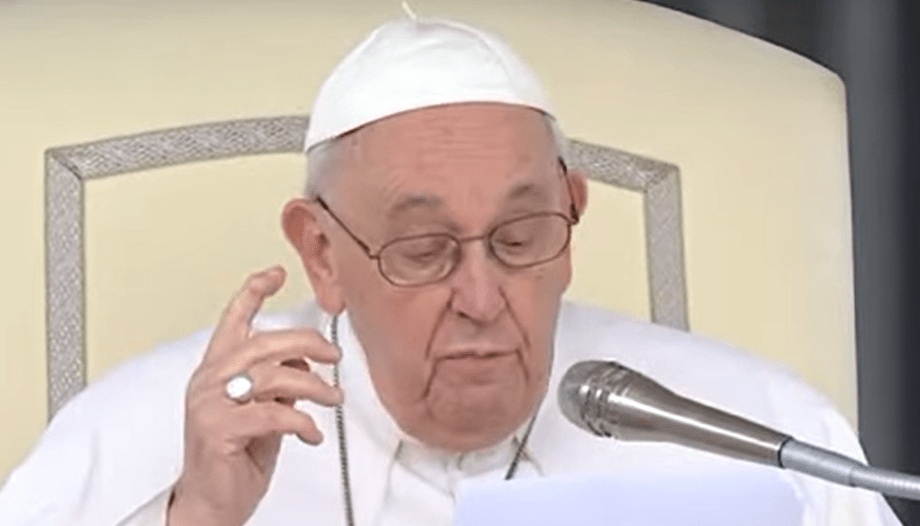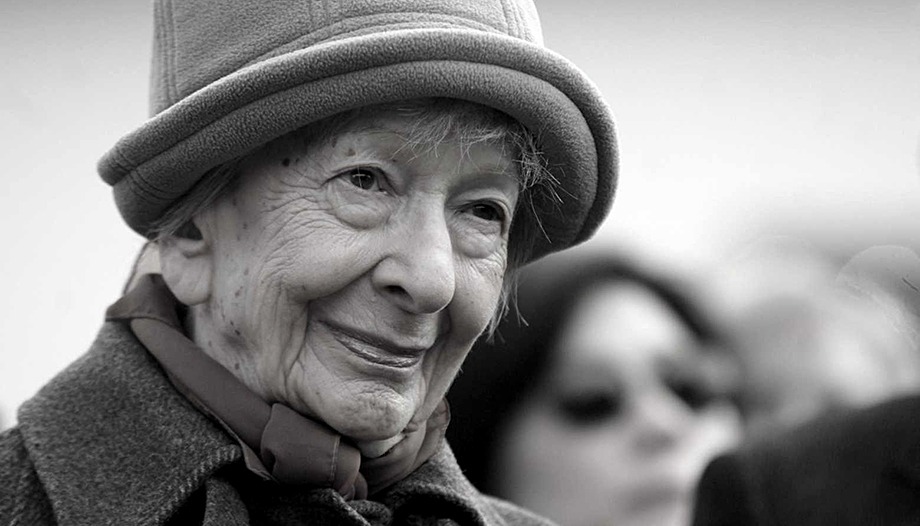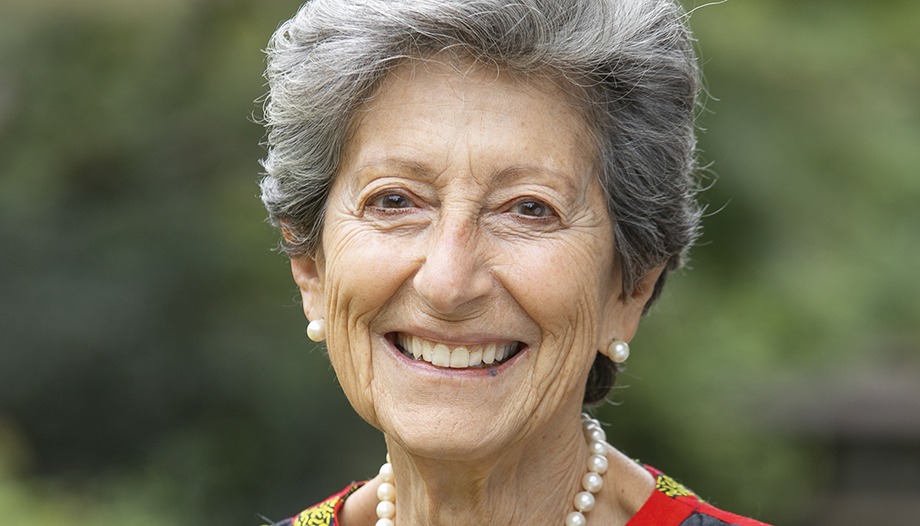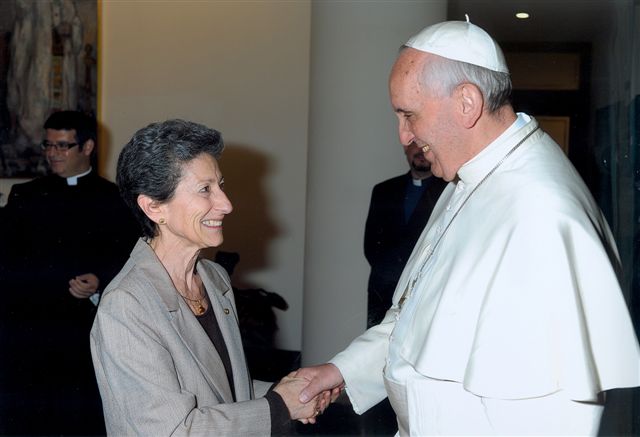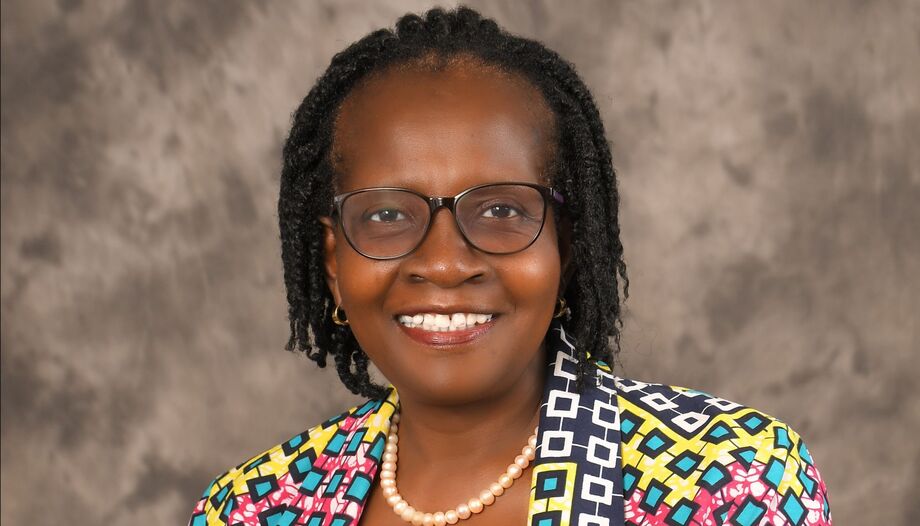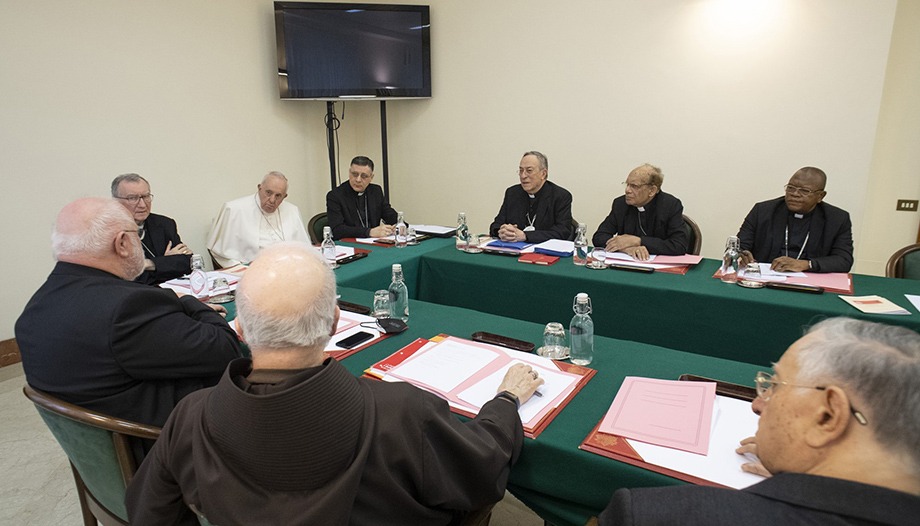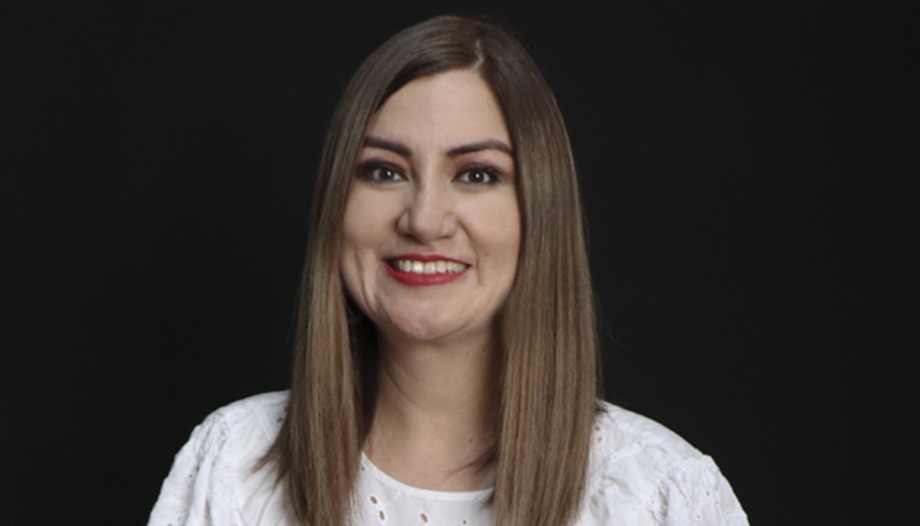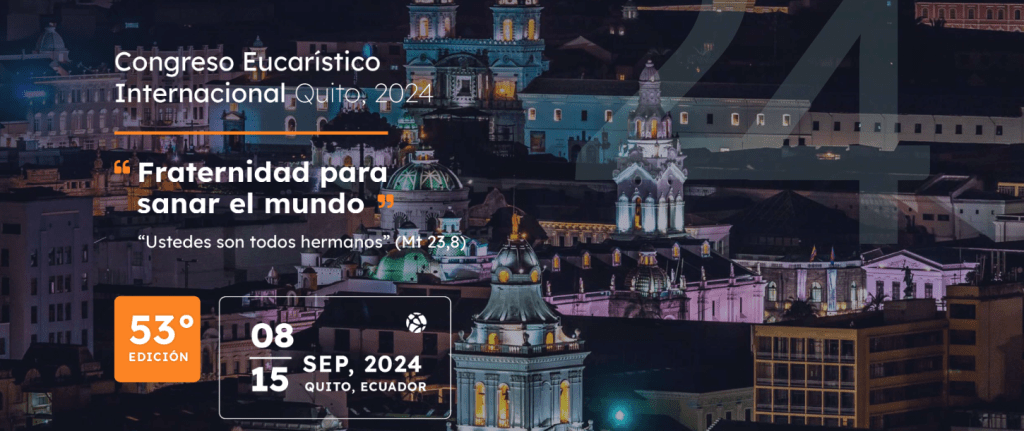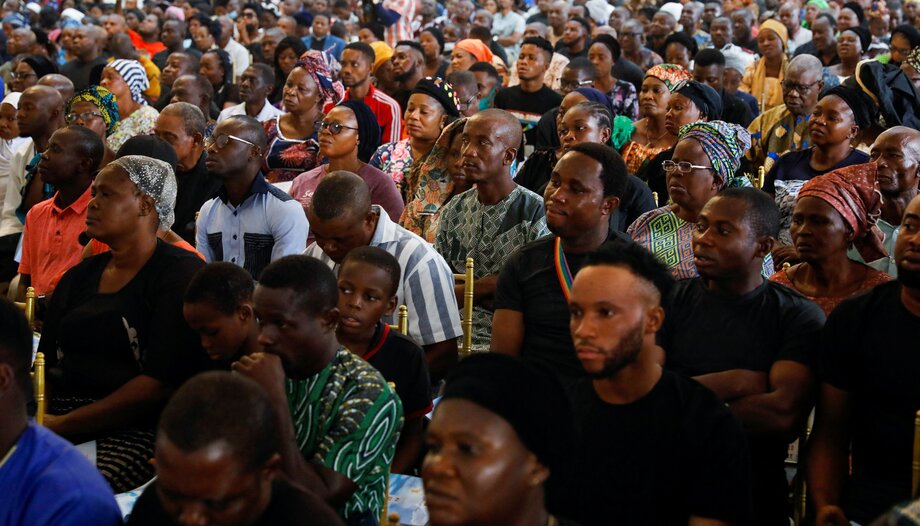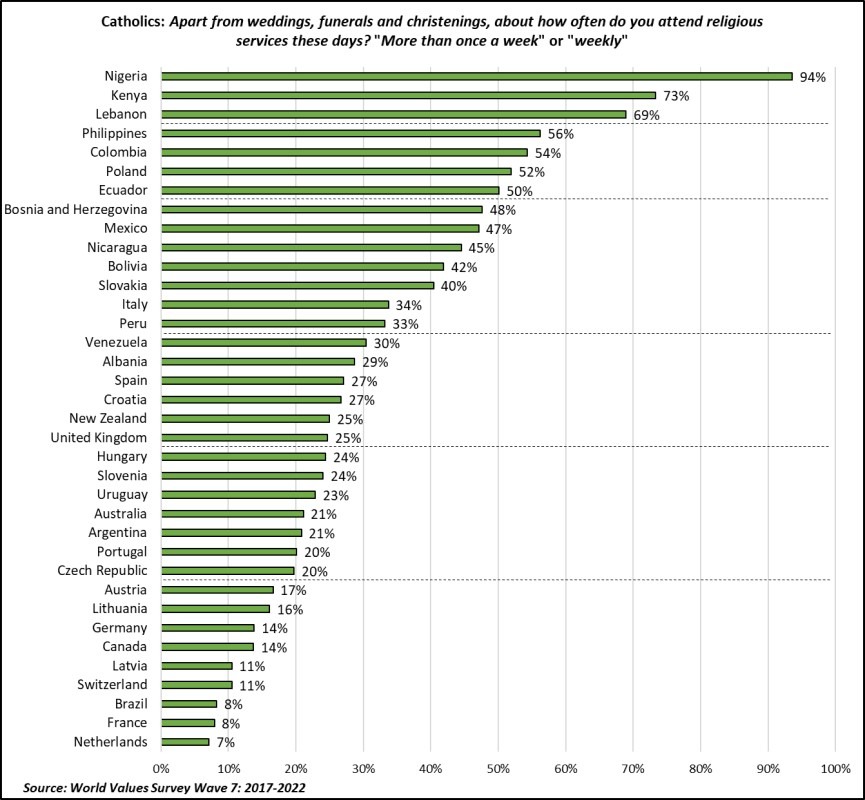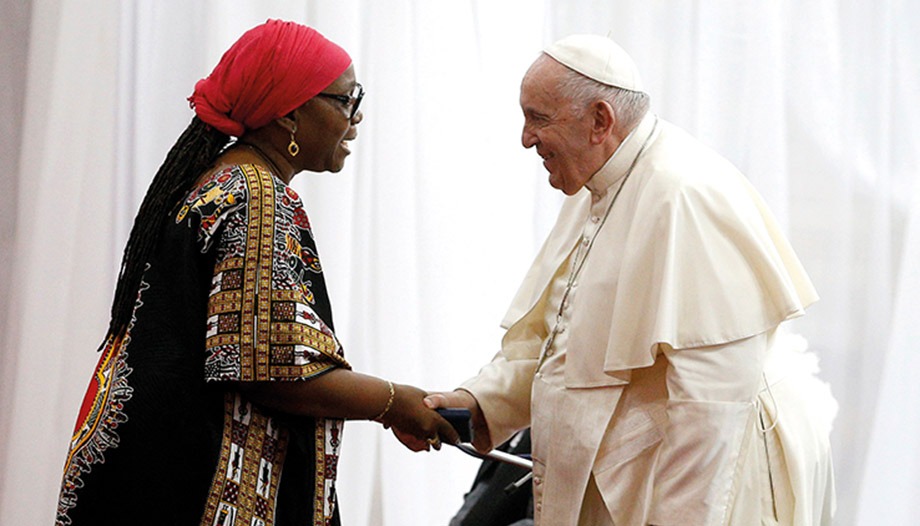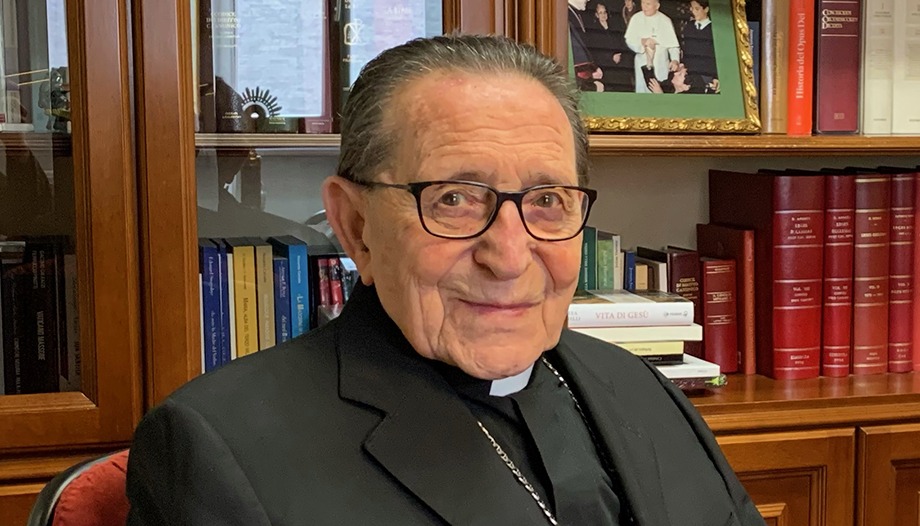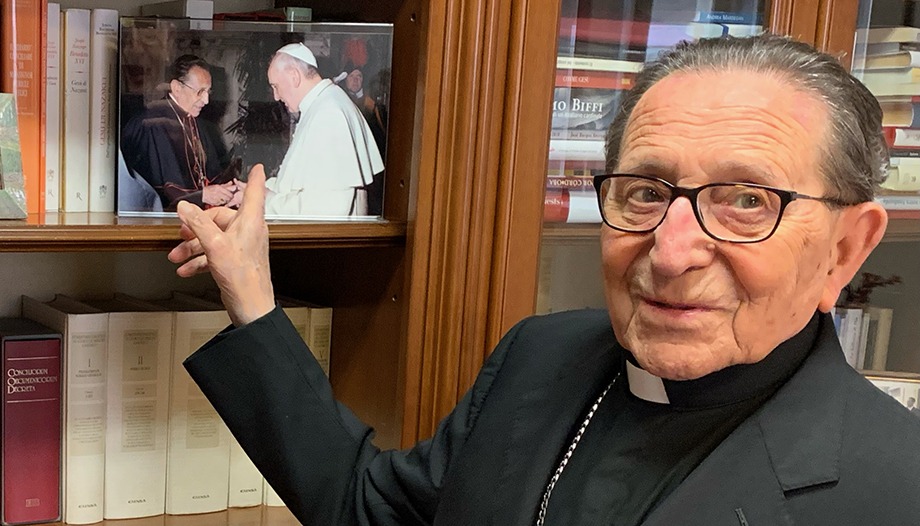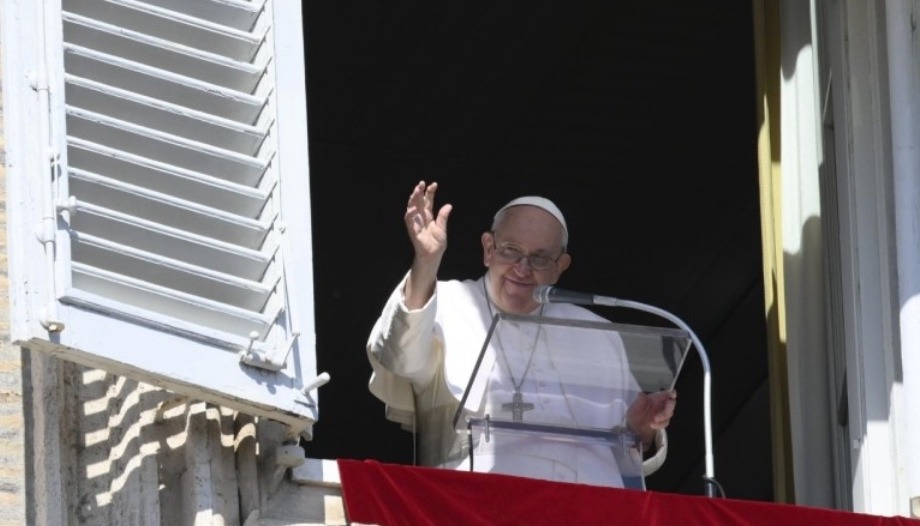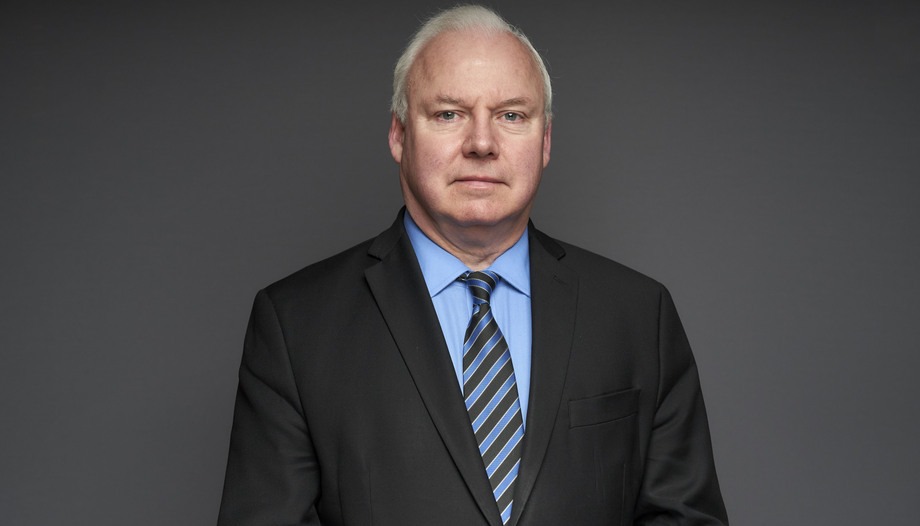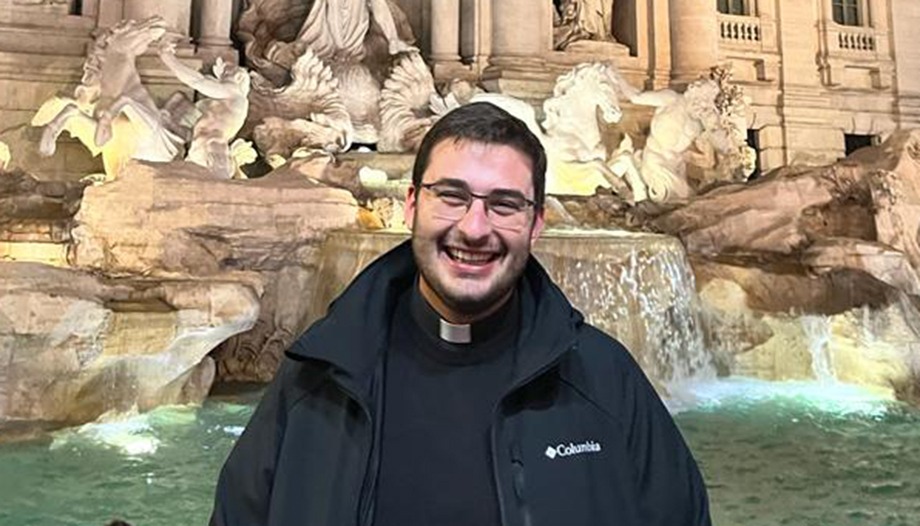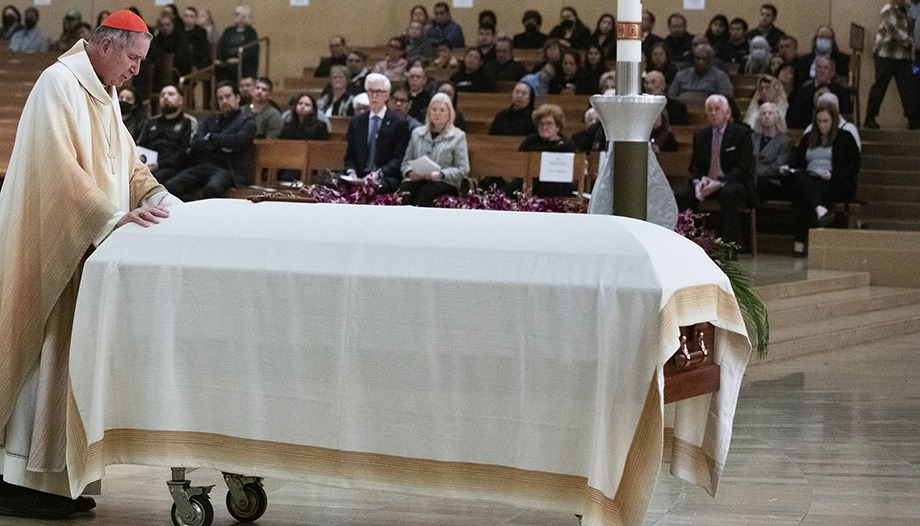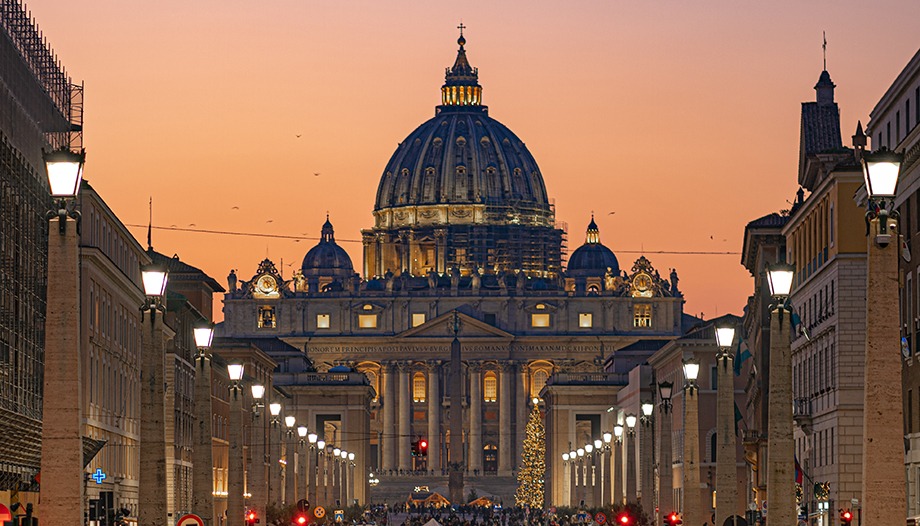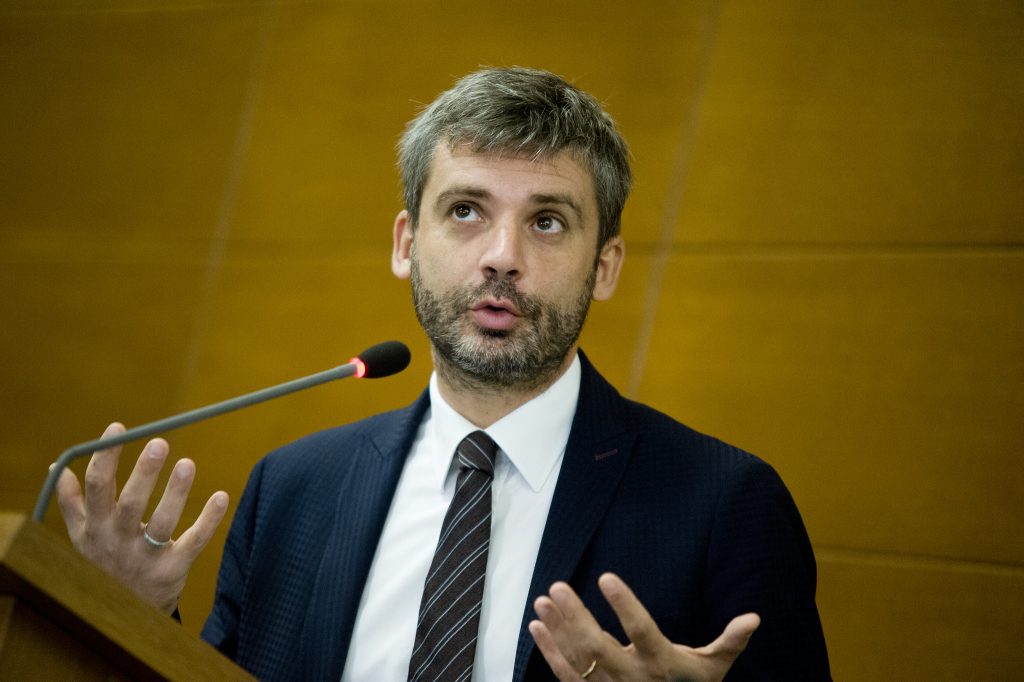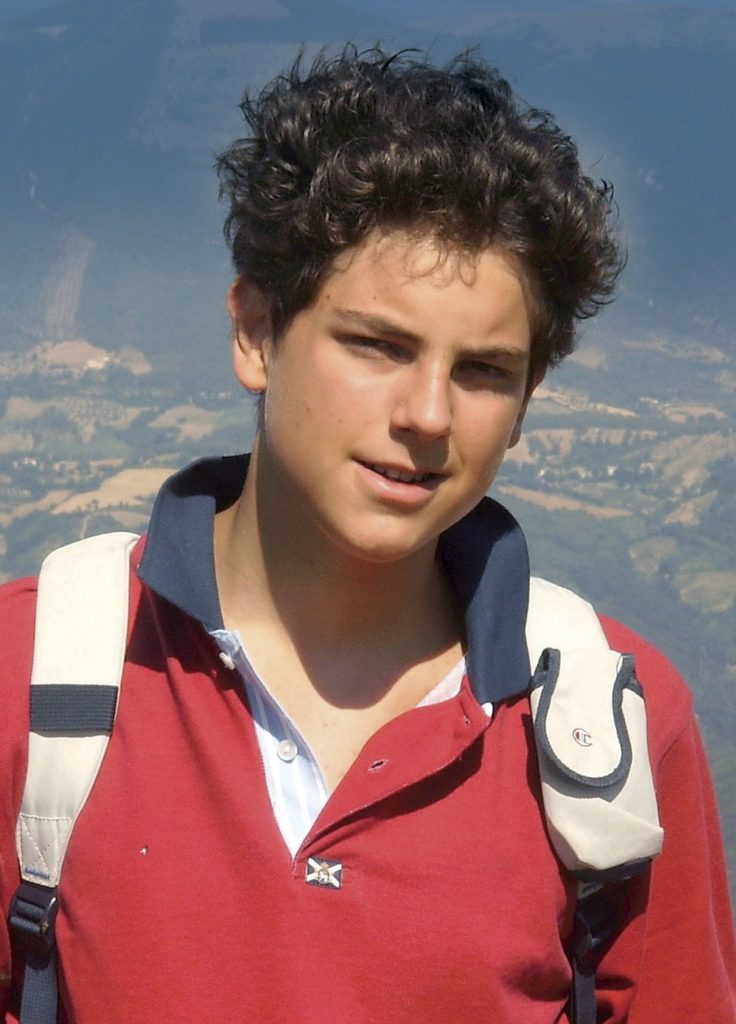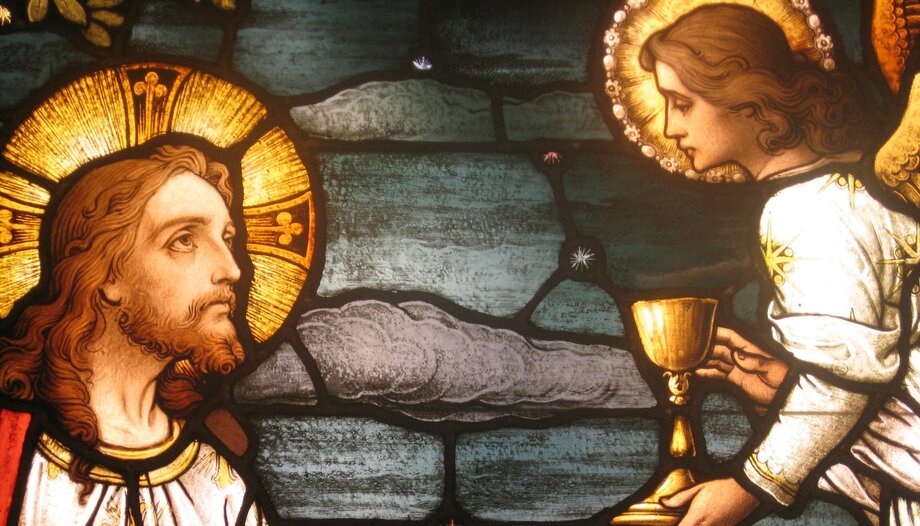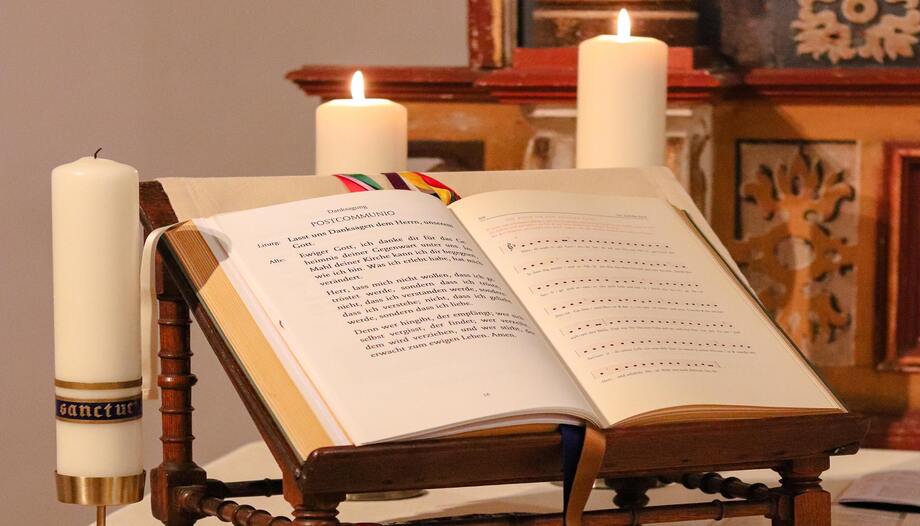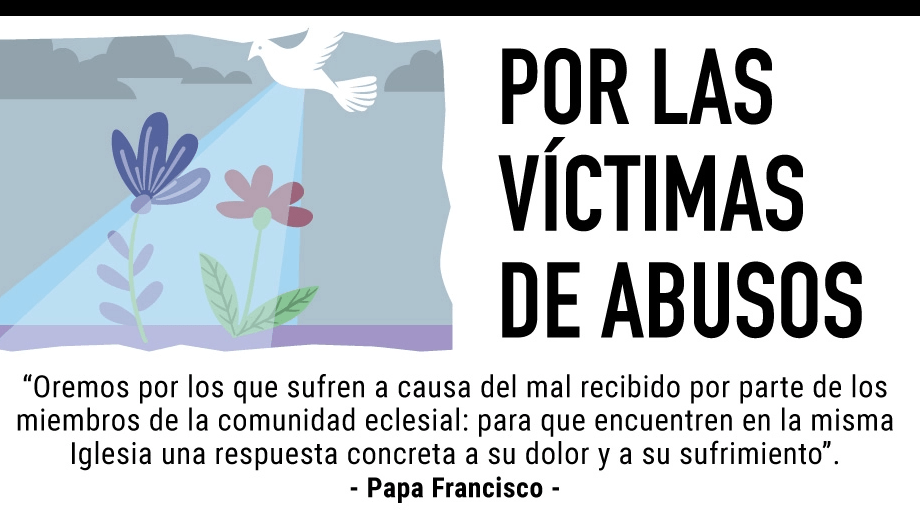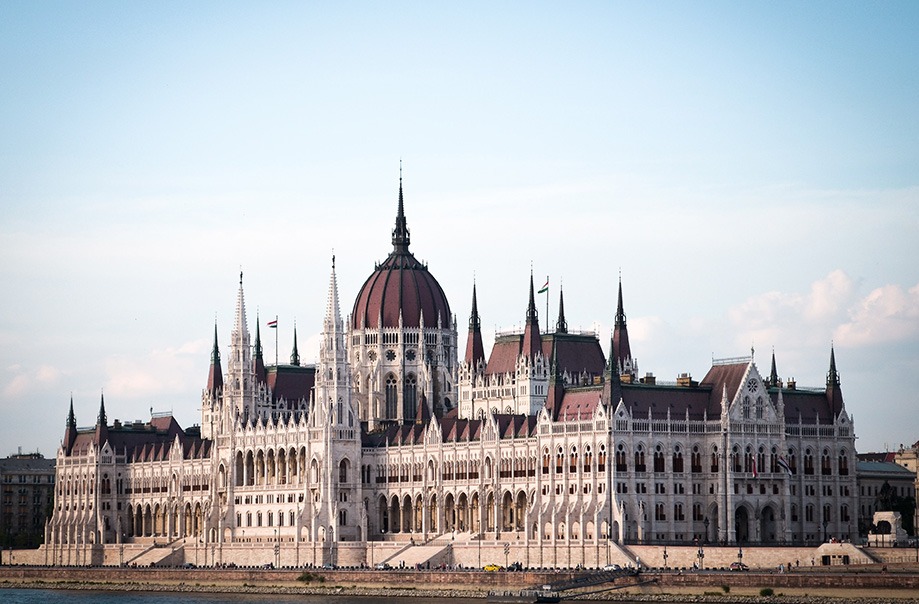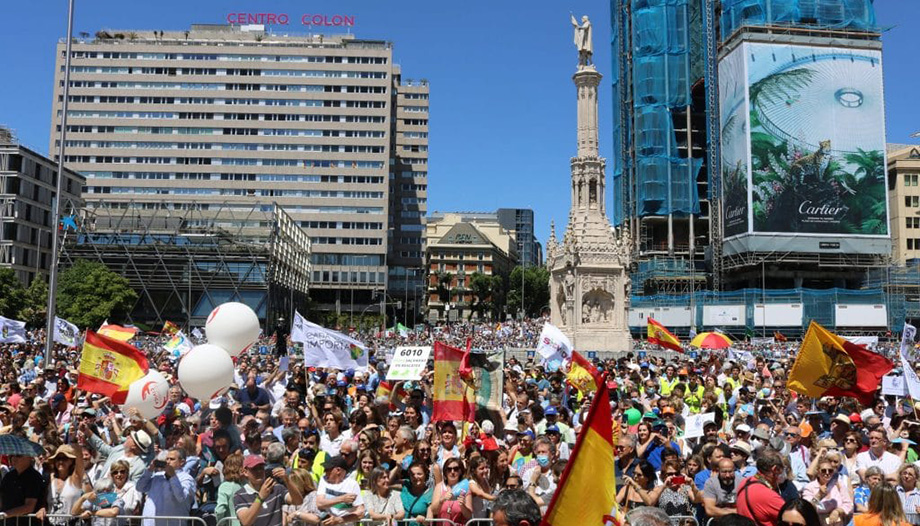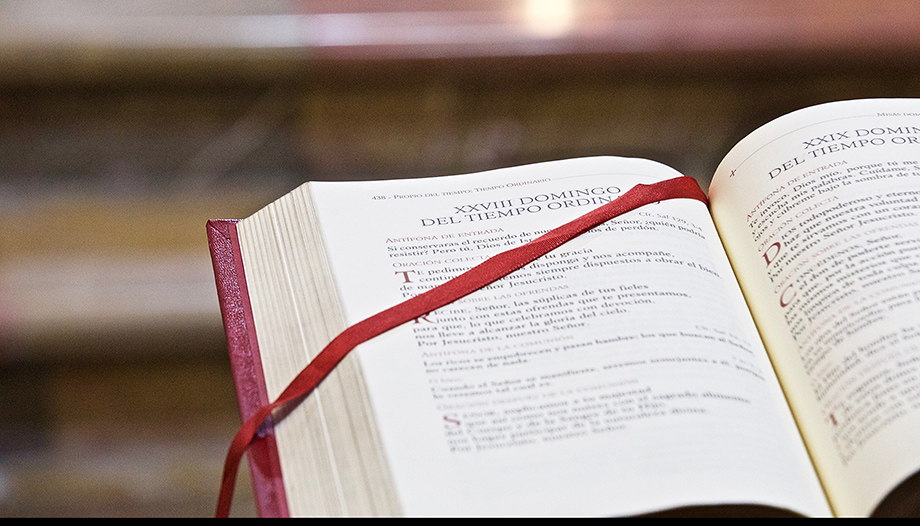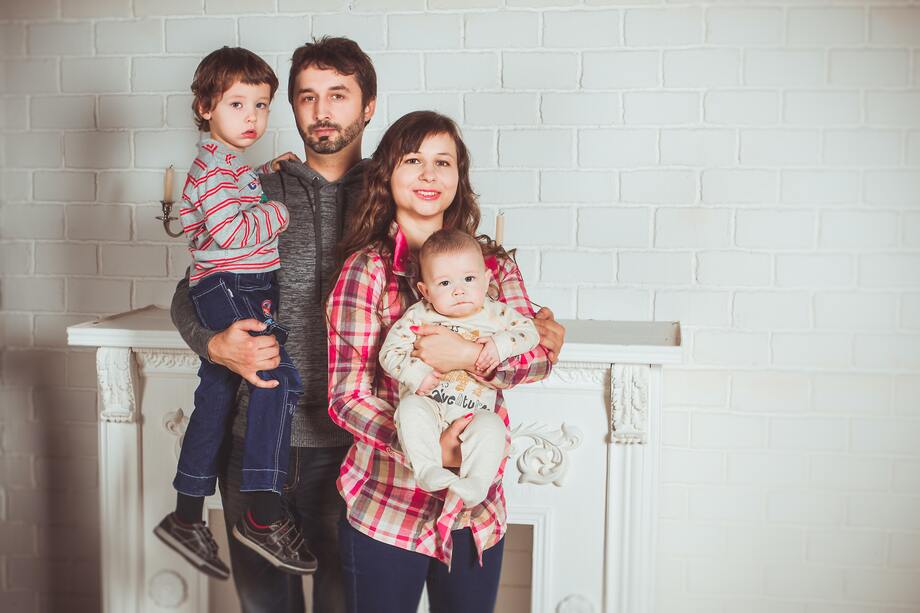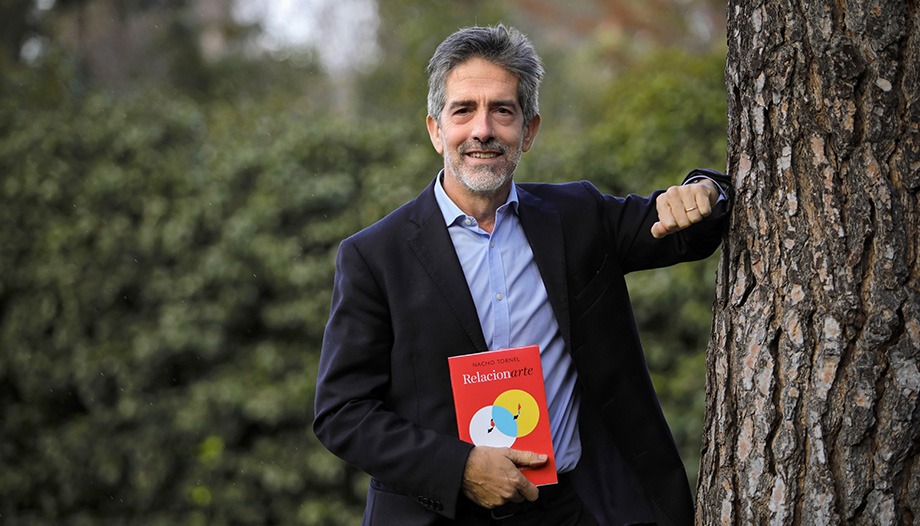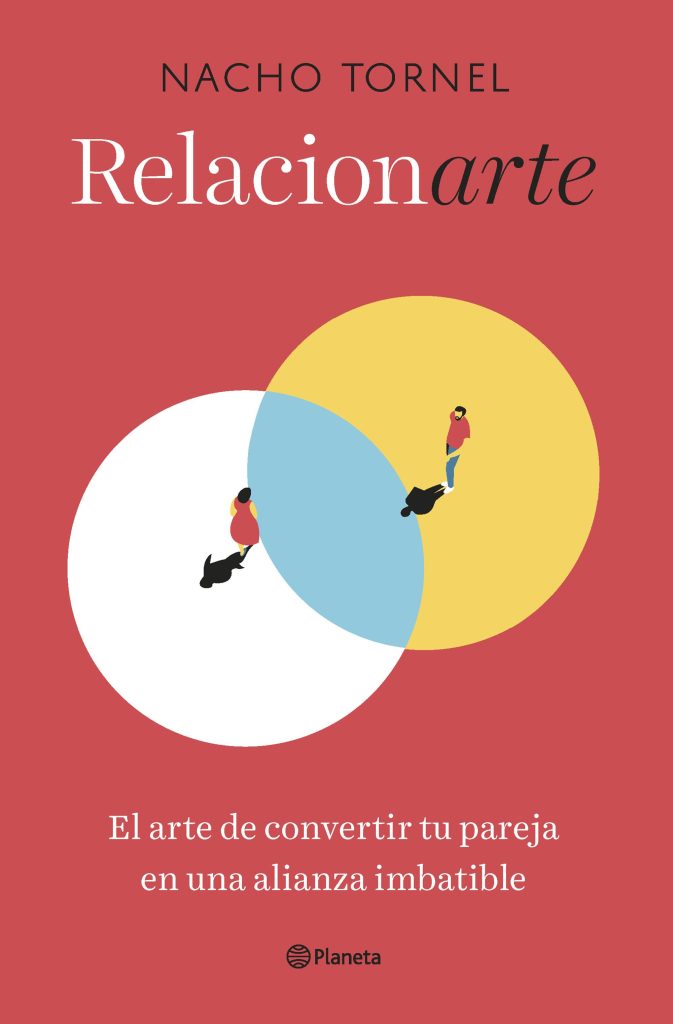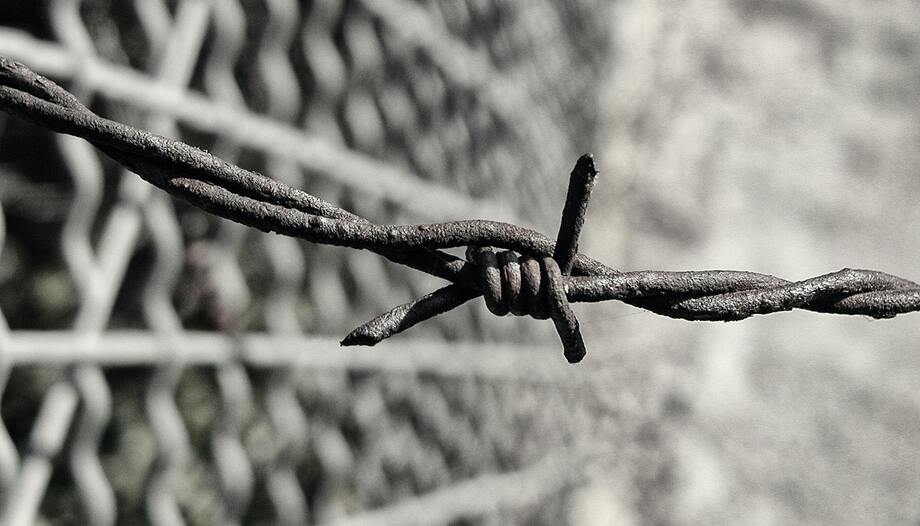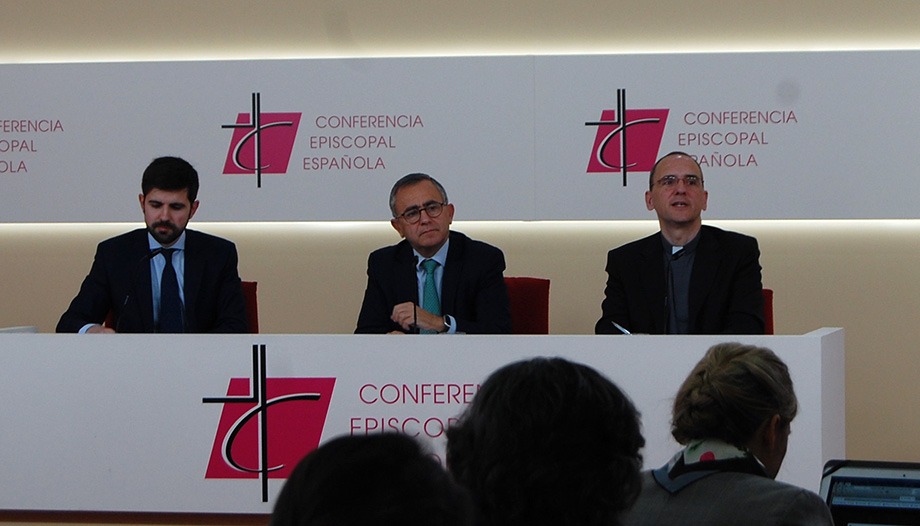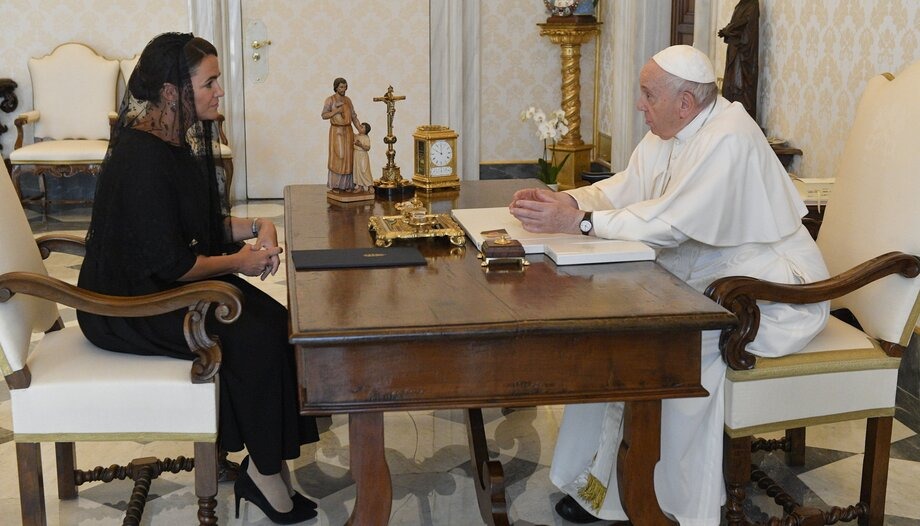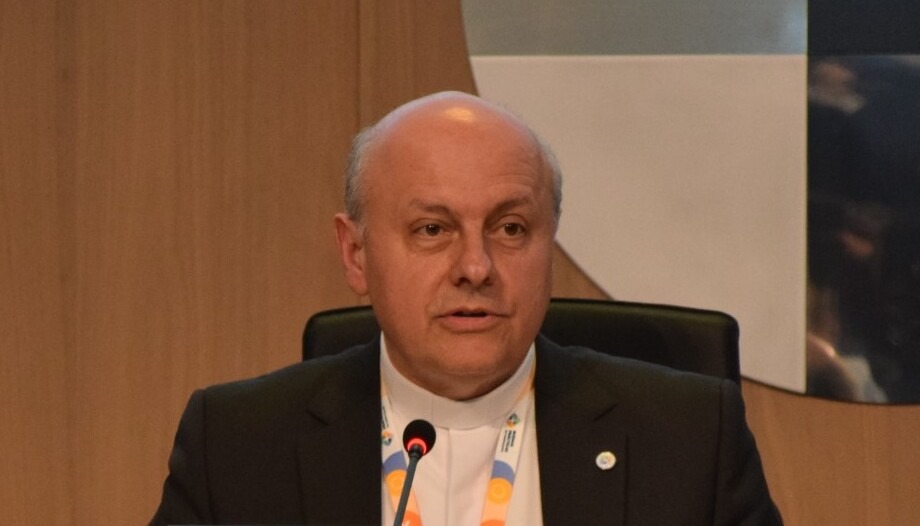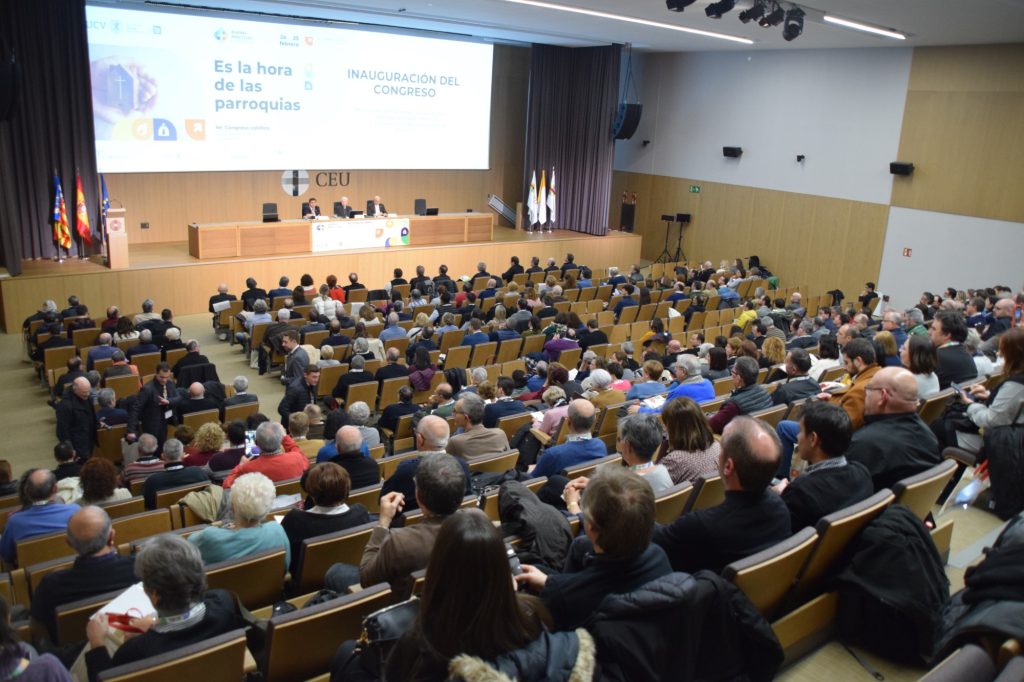Cardinal Lazzaro You Heoung Sik, from Korea, was appointed by Francis Prefect of the Dicastery for the Clergy in 2021. He is a jovial person, who radiates affection and sympathy. In the informal conversation that surrounded this interview with Omnes in Rome, he defined himself as a "tifoso" (enthusiastic supporter) of priests. Few expressions would better indicate what is desired in those who perform this task.
A little over a year ago you arrived at this Dicastery as Prefect. What is the significance of appointing a Korean bishop to this task?
-It is the first time that a Korean has been appointed Prefect of a Dicastery of the Holy See. I see it as a reciprocal gift. It is not that I as a person have much to give, but I would like to offer much. At the same time, it is an enrichment for me.
Allow me at the beginning of this interview to recall something that the Holy Father has written to journalists in his Message for the World Communications Day This year's theme: that the important thing is to "speak from the heart". If we speak from the heart, what we say comes through, because the heart resembles the Lord. With the heart, it works; without the heart, it does not work. Therefore, in response to the message of Pope Francis, and in order to put it into practice, I will try to speak from the heart.
How is it being implemented Praedicate Evangelium in the Dicastery?
-The Apostolic Constitution Praedicate Evangelium has reformed the Roman Curia. The Pope prepared it from the beginning of his pontificate; already in April 2013, a little more than a month after the beginning of his pontificate, he formed the Council with the eight cardinals from different continents, and studied the whole life of the Church together with them; this is the Church in synodal mode. Moreover, it is significant that these cardinals are pastors in their respective dioceses; therefore, the Constitution is made by pastors, which is very important. Perhaps experts can make some observations from the point of view of Canon Law, but it is a text drawn up from a pastoral perspective.
In the Constitution, the Pope wanted to put evangelization in the foreground, and that is why the Dicastery for Evangelization is in the first place. This means that the first task in the Church is to announce the Word of God, the good news; it is something very beautiful. We announce the good news with our witness; without it there is no evangelization. And then comes Charity, which in the Church is the first task. Praedicate Evangelium has become the third Dicastery, that of the Service of Charity.
This is what we priests and pastors also have to do: it is necessary to proclaim the Word, and this requires that we always live the Word, and with it we put into practice Charity, a reciprocal and concrete love. For this reason, in the Dicastery for the Clergy, it is important to form priests according to Praedicate Evangelium. It is not a task for a single day, but a vision, a path to be traveled forward, starting with us, with myself: I am the first person to be converted.
How does the Dicastery work?
-As you were saying, we have only been here for a short time, and several of those in charge of the Dicastery are new. Our main concern is not to change the structures of this Organism, but to put heart and soul into our daily work. Without a heart, we cannot move forward. That is our task.
And we try to do it in collaboration among ourselves; thus, we have to find a vision of the Dicastery, and we are doing it with the help of listening to all the Members and to the Consultors, among whom there are experts in the various fields, coming from various countries.
Our relationship with the other Dicasteries is also one of collaboration: our work is a team effort.
We do not forget that our task is a service to the local Churches. It has always been a characteristic of the Holy See, but now the Pope has stressed even more that our role is to serve the local Churches and the bishops and priests throughout the world. We are there to serve, not to command, oversee or control. The bishops who come here for whatever reason feel it: they feel good, because they feel very much loved.
A novelty is the competence of the Dicastery over personal prelatures. How is the relationship with the Prelature of Opus Dei?
We have received the information about the personal Prelature with great joy. With the Opus Dei we have had many meetings and gatherings.
This task reminds us that we are all for the Lord, we are for the Church. So let us open our hearts. Let us speak. Let us listen to each other. Let's look at the issues, and let's get to where God wants us to go together. The Holy Spirit will carry us forward. This is what I have told the members of the Prelature, and they were happy to hear it.
Last November I ordained twenty-five deacons of the Prelature of Opus Dei. It was very nice. As the date was approaching, I told them: to ordain these seminarians, I want to get to know them first; and I asked them to come and see me. We talked for about an hour, getting to know the history of each one of them. One was an engineer, another a professor, or a journalist, or a doctor... but with the call to the priesthood everything changed; they met the Lord and changed course. How beautiful this is! Even after the ordination we were together in a very familiar atmosphere.
One of your tasks is to take care of priests, in terms of their person and their pastoral ministry. Isn't it a great responsibility today?
-Pope Francis has observed that we are going through a change of era, both in the Church and in society itself. Having spoken with him a lot, I think the important thing is that we ask ourselves: what kind of Church does God want now? And, given that the priesthood is a service in the Church, in that context, which priests are needed in the Church?
Now, since a priest does not fall from heaven, but requires formation, we must ask ourselves: how to form this priest? Finally, this will lead to the possibility of finding vocations, so the question remains: which Church, which priests, which formation, which vocations?
I am convinced that Pope St. John Paul II was right when he said in Tertio millennio adveniente that the Church is the home and source of communion. Francis adds that it is synodal, because we walk together. In turn, to walk together means that one lives the Word, otherwise one cannot walk with others. To live the Word is very important, because it is a requirement derived from the fact that we are Christians. In speaking of the synodal Church, the Pope is referring precisely to this. Already in Evangelii Gaudium stresses the importance of the Word, and in fact, has instituted the annual celebration of the Word of God Sunday.
Jesus says that he who lives the Word and puts it into practice builds the house on rock, and he who does not put it into practice builds on sand. The Word leads us to love; he who puts the Word into practice goes towards others, and his life becomes reciprocal love.
We understand the priesthood in reference to Jesus, who is always a priest, but in a particular way when he dies on the Cross. When death was approaching, the Lord felt abandoned by God, because he did not show himself as Father ("My God, why have you forsaken me?"), and for the men, who first cry out "Hosanna" and then they scream "Crucify him." There, between heaven and earth, when Jesus suffers the greatest pain, his death opens paradise to us. The greater the pain of Jesus, the greater the grace for humanity. He himself becomes a sacrifice, a true priest. I conceive my priesthood on the cross.
When I was ordained to the priesthood, my spiritual father gave me this cross [the sign], And he said to me: éhis is your spouse, live your whole life as between husband and wife, no matter who wins, always put yourself under the other, under the spouse. The Pope wants us to listen to each other, to participate together, with the help of the Holy Spirit to discern what God wants; not only the Church, but each community, each diocese, each movement.
How is it being applied in the Ratio Fundamentalis Institutionis Sacerdotalisthe basic document for the formation of priests?
-The Ratio Fundamentalis is a very important instrument.
In the Dicastery we are aware that circumstances are not the same in all countries, and we see that situations are different, and even within a nation like Spain there is diversity in the different dioceses. For this reason, it is necessary to prepare the necessary formation guidelines for each place, applying the general principles of the Ratio Fundamentalis concretized in the Ratio nationalis.
It is true that, in every diocese, the main responsible for the seminary is the bishop; but the formators, the seminarians, the families, the People of God are also responsible for the seminary: all must walk together. The seminary also walks as a synodal Church. If the bishop acts alone, or the rector of the seminary, then we would be facing a symptom that things are not going well.
We see that currently vocations are decreasing a lot. In the past it was not uncommon to find seminaries with one hundred and fifty or two hundred seminarians, or even more, while now many have only five, ten or fifteen. How can these seminaries move forward?
And in Spain, where a visit to all seminaries is in progress?
-How much the Church in Spain has contributed to evangelization! It has brought the faith to so many places in the world! It has been a beautiful help, also for the seminaries! Now, however, how many seminarians are there?
We must recognize that it is difficult to form the priestly life well if there are only ten or fifteen seminarians; it is a challenge today to have a good number of priestly vocations, to have the necessary formators, to make the seminaries financially sustainable, to make community life possible. It is difficult in spite of the good desire, of a holy desire to grow. That is why we have asked the Spanish bishops to study it, and they themselves have told us that it is advisable to do so.
To be honest, I must say that some bishops are not capable of doing this. For this reason, the apostolic visitation to which you refer has been planned, in the hope that in the future the seminaries will be able to grow again.
The right people have been sent for the visitation that is taking place in these weeks, and they have been sent to see the situation at close quarters. Not all the Spanish bishops are convinced of its necessity, but, taking them into consideration, I have told them to make their own proposals, so that we can study them.
So, are some Spanish seminaries expected to close?
-Not necessarily. It is true that, if it were convenient to create an interdiocesan seminary, it would be necessary to close a diocesan seminary, otherwise it would be impossible, but the visitation is not aimed at closing seminaries.
The visitators, once they have completed their work, will discuss everything with the bishops and will consider together, if necessary, which specific seminaries should be closed or reoriented; and in the end, it will be the Pope who will decide, after careful discernment of all the proposals.
For our part, we are always ready to serve. It is important to understand that the task of fostering vocations is everyone's responsibility, as well as forming candidates for the priesthood. To move forward, everything must be done in the key of the synodal Church.
For all these reasons, I think that the visitation is a moment of grace for all of us, for the bishops, seminarians and Christian communities. The first moment may be a moment of difficulty and suffering, but for the future it will be a moment of grace.
Are such visits to seminars frequent?
-Yes, of course. There are, or have been, other visits of this nature in other countries, either to all the seminaries of the country or to those of certain provinces or regions.
Let us not forget that the ultimate purpose of forming priests is to ensure that there are good pastors, and to this end all means must be provided, because it is a very important work, and it is the task of the Holy See to encourage this formative task of the seminaries.
The data indicate a decrease in the number of seminarians in the world. How do you see the evolution of vocations in Rome?
-Indeed, in general, the number of seminarians is falling everywhere, and there are very few places where it is increasing. A first important factor is that there are few children and fewer Christian families.
Secondly, priests must be encouraged to be good shepherds. A priest is a good shepherd when he resembles Jesus: this is a necessary and moving witness.
When there is a lively and beautiful community around priests, abundant vocations also arise.
We must always return to the primitive community, which was nourished by the Word of God and the Sacraments, loved one another, shared everything...: this is the example of a Church that is communion, that is a true community.
Are priests well distributed in the areas where they are needed?
-The most appropriate distribution of priests is done in several ways.
I am thinking, for example, of the priests who are transferred Fidei donum to other countries, with the necessary inculturation, since they have to get to know and integrate into the mentality of the country, learn to live with the people they meet there, etc. This is not always easy, since it requires putting before one's own mentality and traditions, the culture of the new place where one arrives and the proclamation of the Gospel.
For us priests, and for seminarians, it is very important to have a missionary spirit. In the five years that I was rector of the seminary, and in the eighteen years that I was bishop of the diocese - therefore, for twenty-three years - I would ask every seminarian this question: are you willing to go anywhere in the world? Some would say that it was difficult for them because they could not stand the cold, or the heat, or whatever; and some would say yes because they liked to travel. But it is not for one trip, it is for your whole life!
You must want your bones to rest there; your tomb must be there. Then everyone already said yes, that they were ready to go wherever it was necessary for Jesus, for the Church. Many still remind me of this: You told us that we had to be ready to go anywhere! Yes, it is true, one who feels called to be a priest has to be prepared to assume this missionary attitude.
The data on difficult situations also come across your desk. What are the causes of vocational crises?
-The reasons can be very varied.
One of the existing difficulties is the problem of loneliness: there are priests who feel lonely.
The seminary is not only an institution to form future priests, but it is the community of those who follow Jesus. Jesus loves you, and you become a disciple of Jesus. You try to live the Word, and around the living of the Word that communion is formed. Everything in the life of the seminary and during the time of formation must be a community life.
However, once you become a priest, what happens? If the sense of community or priestly life is abandoned, if meditation is neglected, if there is no life of adoration, if the breviary begins to fail, if I let myself be carried away by the rush to work, if confession disappears, if I neglect the rosary and Mass, if the priest goes to bed late, stays up until midnight busy with the computer and gets up very late... where is the right life? Thus the priest will hardly feel the joy of the Gospel and will fall into the feeling of loneliness and disappointment. In such conditions it is logical to feel lonely.
In the midst of so much activity, what place does the spiritual life of priests have?
-As I was saying before, it is necessary to take care of that communitarian aspect of the priest: that the priest seeks out other priests, takes care of relationships, promotes communion, goes to confession, etc. Without this, it is also difficult to have a solid spiritual life, despite the many occupations.
For example, we are now very busy with the cell phone and with the possibilities of the digital world, which in themselves are good, but... Oh, it's terrible!
We really have to stay awake, not fall asleep, seek God with all our strength, be in Him, and also help each other.
A few weeks ago I gave a spiritual retreat to about fifty priests; it was very enriching, and I spoke personally with those who asked me, which was a large group.
Many spoke to me about their activities in the parish, and how they sometimes have to spend too much time working on administrative matters, to the detriment of their more direct task as pastors. But there are so many lay people who could help in these tasks! And the priest will be able to act more as a pastor.
Does loneliness, or too much work, affect affectivity?
-A balanced affectivity is very important for celibacy. How can we achieve this maturity? It is not easy, but it is necessary to cultivate the path that leads to human maturity, together with the living of the Word.
A person is never alone if he seeks to live in God. Our God is not solitude, He is One and Triune. And we cannot live alone, neither humanly.
Another aspect of training is the cultural and intellectual aspect.
-Reading and study are very important for a priest. Before I became rector of the seminary, I was also a professor at the major seminary for four years, and I continued to be one afterwards.
Well, I noticed that when someone said "enough" to the intellectual life, the whole general tone of his life diminished. It is not necessarily a matter of knowing a lot, but of attaining a wisdom that comes from God, and for that one must be well trained and study.





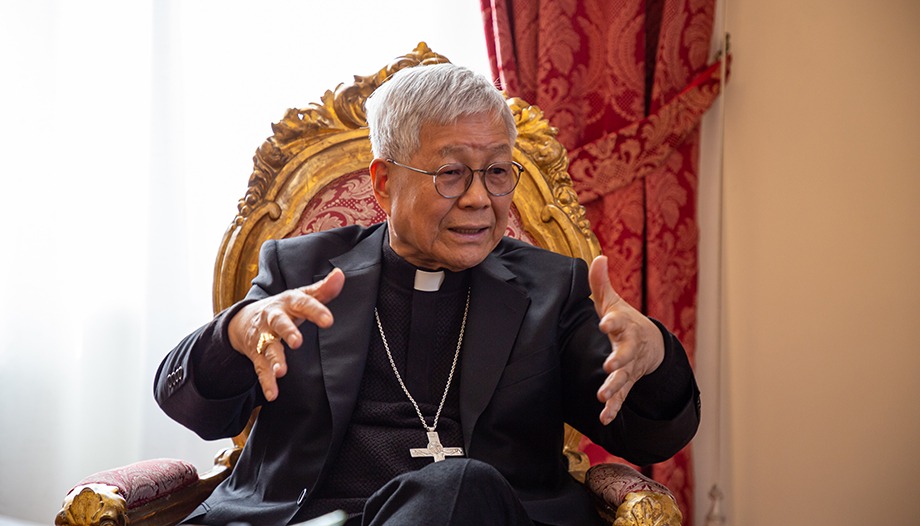





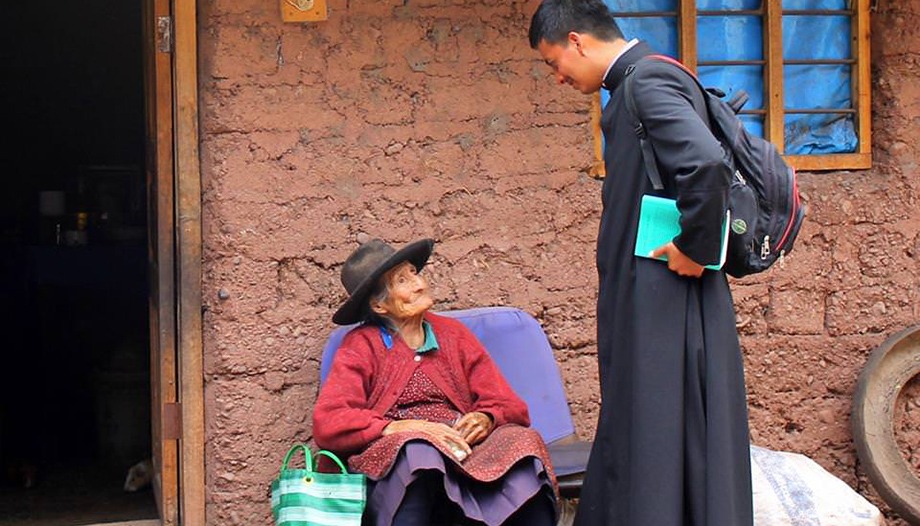
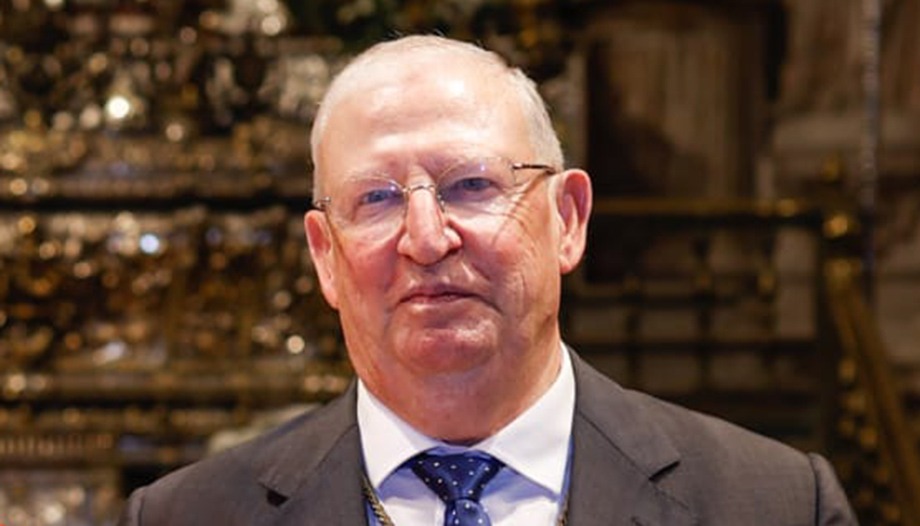
 Marcelino ManzanoAlmost half of our seminarians come from the world of sororities".
Marcelino ManzanoAlmost half of our seminarians come from the world of sororities".